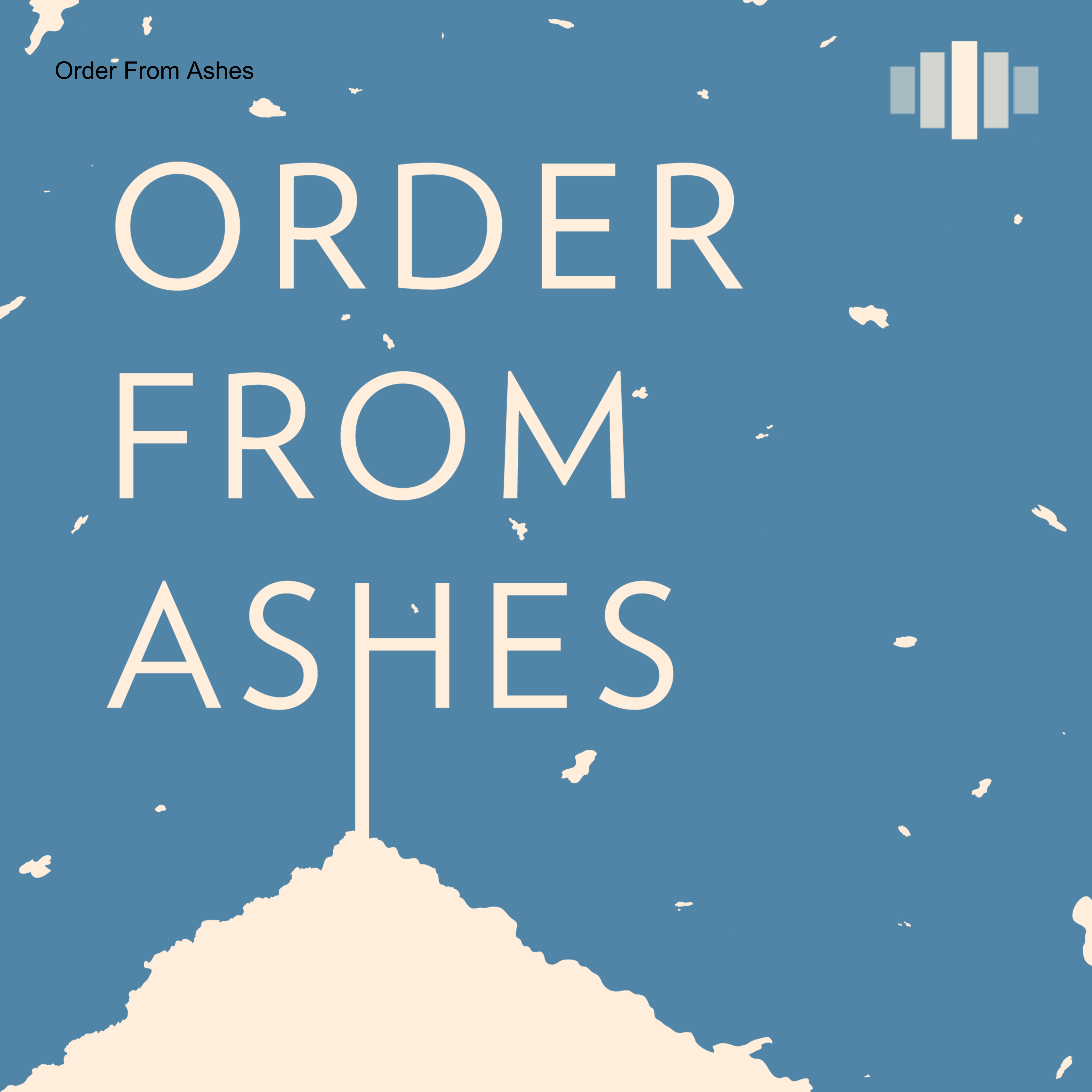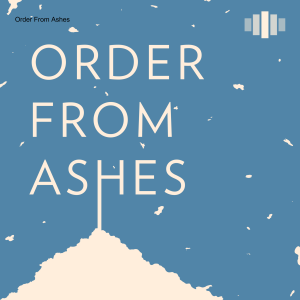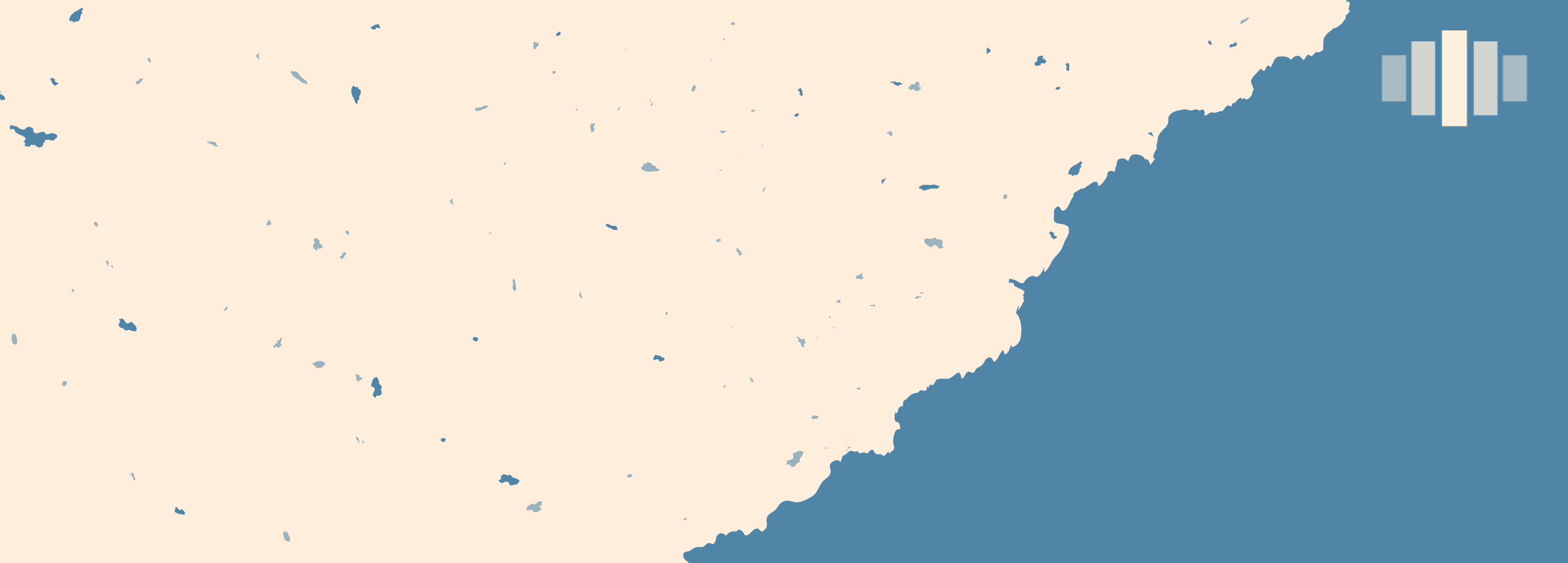
Today’s world is in unprecedented flux. Rights and citizenship are under assault. Authoritarianism is on the rise. No single country can dictate the rules. The Middle East lies at the cutting edge of the crises of our age, with every world power, including the United States, deeply involved. Host Thanassis Cambanis interviews activists, researchers, and decision-makers about the problems of our time, and possible solutions. This podcast is produced by Century International. Our research focuses on the human impact of global policy. We are independent, critical, and progressive. Find our work at https://tcf.org/topics/century-international/.
Episodes

Friday Jul 02, 2021
Closing Syria’s Border to Aid
Friday Jul 02, 2021
Friday Jul 02, 2021
Millions of Syrians depend on international aid that comes through a single border crossing—aid that depends on an agreement with Russia. Every year, and sometimes more frequently, the UN Security Council fiercely debates its tenuous agreement to keep open aid crossings into Syria. The number of open crossings has steadily diminished, and today, only a single access point remains, at Bab al-Hawa. This year, Russia has suggested it will no longer agree to let UN aid through this crossing after the current UN authorization expires on July 10.
On this episode of Order from Ashes, TCF fellows and Syria experts Aron Lund and Sam Heller discuss why aid is so important to the 4 million Syrians served by the border crossing, and why it’s been an uphill struggle for the United States and its allies to keep aid flowing to the parts of Syria that remain under rebel control.
Participants include:
- Sam Heller, fellow, The Century Foundation
- Aron Lund, fellow, The Century Foundation
- Thanassis Cambanis, senior fellow, The Century Foundation

Monday Jun 07, 2021
Syrians Are Going Hungry
Monday Jun 07, 2021
Monday Jun 07, 2021
Syria faces an unprecedented food security crisis. Almost 60 percent of the country is now food-insecure, and more than a million Syrians cannot survive without food aid. The crisis has many causes, chief among them the country’s economic collapse and the depreciation of its currency. But disruptions to key imports such as wheat and fuel have also harmed food security. Western sanctions have exacerbated these problems.
On this episode of Order from Ashes, Syria expert Sam Heller discusses the case that Western governments should do what they can to help, even though they have a limited ability to fix the crisis. Food security, Sam argues, should top Western policymakers’ Syria agenda, and inform their other Syria policy choices.
Participants include:
- Sam Heller, fellow, The Century Foundation
- Thanassis Cambanis, senior fellow, The Century Foundation

Tuesday May 18, 2021
Iran and Saudi Start to Talk
Tuesday May 18, 2021
Tuesday May 18, 2021
Regional powers Iran and Saudi Arabia have a hand in nearly every hot spot around the Middle East. The two rivals don’t control what happens, but they can play a major role in destabilizing battleground states—or calming tensions. There are many spots ripe for diplomacy: the war in Yemen, the simmering instability in Iraq and Syria, the political crisis in Lebanon.
On this episode of Order from Ashes, we hear Middle East expert Dina Esfandiary and Iraqi analyst Sajad Jiyad about the new round of diplomacy. What has prompted Iran and Saudi Arabia to be willing to talk, and where might they be willing to calm tensions?
Participants include:
- Dina Esfandiary, senior adviser for the Middle East and North Africa, International Crisis Group
- Sajad Jiyad, fellow, The Century Foundation
- Thanassis Cambanis, senior fellow, The Century Foundation

Tuesday Mar 30, 2021
Thaw Between Turkey and Egypt
Tuesday Mar 30, 2021
Tuesday Mar 30, 2021
Tensions between Egypt and Turkey have run high for nearly a decade. Turkey has hosted Egyptian dissidents and opposition parties since the Egyptian coup in 2013; and the two countries support opposite sides in the Libyan War and have very nearly come into direct military conflict. Both are major U.S. partners, at least on paper: Turkey is a formal treaty ally in NATO, and Egypt is a top recipient of U.S. military aid.
On this episode of Order from Ashes, we hear from Turkey expert Nicholas Danforth and Egypt expert Michael Wahid Hanna about the recent, tentative thaw in relations between the two countries. Turkey and Egypt’s rivalry, and its unsettling consequences, serve as a reminder that there are many countries with power to drive events, and conflicts, in the Middle East.
Participants include:
- Nicholas Danforth, senior visiting fellow, Hellenic Foundation for European and Foreign Policy
- Michael Wahid Hanna, senior fellow, The Century Foundation
- Thanassis Cambanis, senior fellow, The Century Foundation

Tuesday Mar 09, 2021
Yemen’s Wars at a Turning Point
Tuesday Mar 09, 2021
Tuesday Mar 09, 2021
Soon after taking office, President Biden announced that the United States would stop contributing offensive weapons to the war in Yemen. “This war has to end,” the president said. But the complex conflict in Yemen appears, to the contrary, to be heading for a new round of intense fighting, this time around the city of Marib.
On this episode of Order from Ashes, we talk to two analysts who know Yemen intimately: Nadwa al-Dawsari and Peter Salisbury. It might be possible for the United States to wash its hands of the Yemen war, they argue, but very hard for Washington to catalyze a resolution. What are the realistic options, and what’s best for the long-suffering civilians caught in the conflict?
Participants include:
- Nadwa Al-Dawsari, non-resident fellow, Middle East Institute
- Peter Salisbury, senior analyst, Yemen, International Crisis Group
- Thanassis Cambanis, senior fellow, The Century Foundation

Tuesday Mar 02, 2021
Rethinking American Assumptions about the Middle East
Tuesday Mar 02, 2021
Tuesday Mar 02, 2021
On this episode of Order from Ashes, we talk with Dahlia Dassa Kaye, the lead author of a new RAND Corporation study that advocates a major overhaul of U.S. strategy in the Middle East. Washington can and should jettison legacy arrangements that no longer make sense. Multi-billion dollar military assistance deals with Israel, Egypt, and Jordan were conceived nearly fifty years ago. Big-ticket weapons deals with Arabian monarchies have distorted American policy.
Dassa Kaye argues that the United States can redefine stability and invest in better governance, moving away from dysfunctional partnerships and counterproductive policies. The United States doesn’t have to choose between perpetual war and complete disengagement; as it ends its forever wars, Washington has an opportunity to invest in diplomatic, social, and political leverage that will bring more enduring stability to the Middle East.
Participants include:
- Dahlia Dassa Kaye, fellow, the Wilson Center and senior political scientist, the RAND Corporation
- Thanassis Cambanis, senior fellow, The Century Foundation

Tuesday Feb 09, 2021
Egypt’s Revolution at 10
Tuesday Feb 09, 2021
Tuesday Feb 09, 2021
Ten years ago, the uprising in Tahrir Square toppled Egypt’s dictator and raised hopes for political reform across the Middle East. Great setbacks followed in Egypt, which now suffers under an even more repressive autocracy than the one it overthrew in 2011.
On this episode of Order from Ashes, close observers of Egyptian political life explore the still unfolding legacy of the unsuccessful revolution of 2011. The threat and promise of Egypt’s uprising still makes Egypt’s military dictatorship nervous—and still suggests prospects for future democratic reforms.
Participants include:
- Naira Antoun, Mada Masr and The Century Foundation
- Michael Wahid Hanna, senior fellow, The Century Foundation
- Thanassis Cambanis, senior fellow, The Century Foundation

Tuesday Jan 26, 2021
War Comes Homes
Tuesday Jan 26, 2021
Tuesday Jan 26, 2021
Critics of hyper-militarized foreign policy argue that the abuses of America’s war on terror led in a direct line to the January 6 attempt to overturn the presidential election. On this episode of Order from Ashes, two advocates from the grassroots organization Win Without War dissect the connections between unaccountable foreign policy and surging authoritarianism.
Democracy is threatened in the United States because of global trends. Stephen Miles and Kate Kizer argue that deep systemic trends will continue to threaten democracy after Trump’s presidency. A serious attempt at accountability, and an investment in peaceful tools of power, can shift the United States away from the dangers of militarization.
Participants include:
- Stephen Miles, executive director, Win Without War
- Kate Kizer, policy director, Win Without War
- Thanassis Cambanis, senior fellow, The Century Foundation

Tuesday Jan 19, 2021
America’s Attempted Coup
Tuesday Jan 19, 2021
Tuesday Jan 19, 2021
The challenge to American democracy has called into question some of the country’s deepest assumptions about exceptionalism. Fellows at The Century Foundation have been studying fragile democracy, authoritarianism, and militia rule in the Middle East for decades.
We apply some of the lessons learned from studying authoritarian relapse around the world—from the importance of calling a coup attempt by its proper name, to the limits of the “war on terror” model for dealing with violent insurrectionists and white supremacist terrorism in the United States.
Participants include:
- Michael Wahid Hanna, senior fellow, The Century Foundation
- Thanassis Cambanis, senior fellow, The Century Foundation

Thursday Dec 17, 2020
Nature and National Security in the Middle East
Thursday Dec 17, 2020
Thursday Dec 17, 2020
A fearsome array of climate and environmental woes is straining the Middle East, worsening the existing crisis of poor governance and weak states in the region. On this episode of “Order From Ashes,” we speak to climate researcher Peter Schwartzstein about some of the specific environmental emergencies in the Middle East, and some of the possible solutions.
The United States has many opportunities to incorporate environmental and climate change concerns into all its policymaking. Because of its acute crises of climate, governance, and security, the Middle East is particularly ripe for a new approach.
Drawing on the reports he spearheaded in TCF’s new initiative, “Nature and National Security in the Middle East,” Schwartzstein suggests some encouraging possible moves for Middle Eastern governments, civil society, and the United States to address this slow-burning emergency.
Participants include:
Peter Schwartzstein, independent researcher and
Thanassis Cambanis, senior fellow, The Century Foundation
